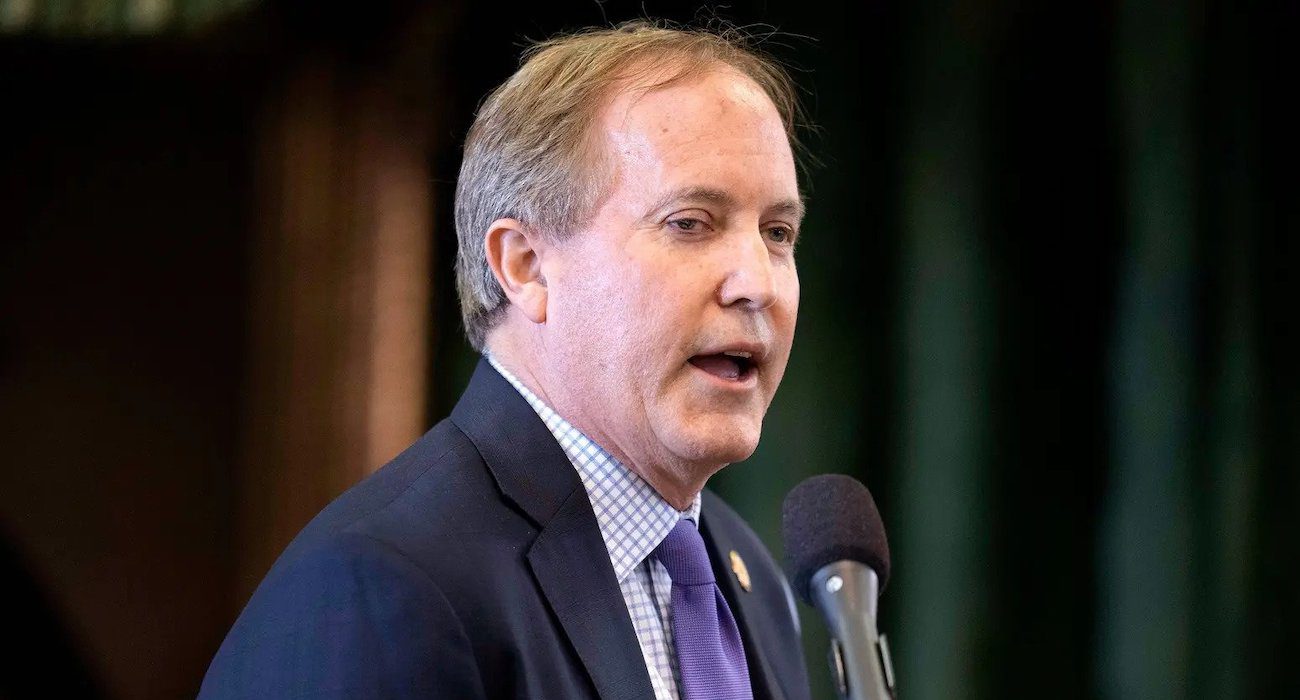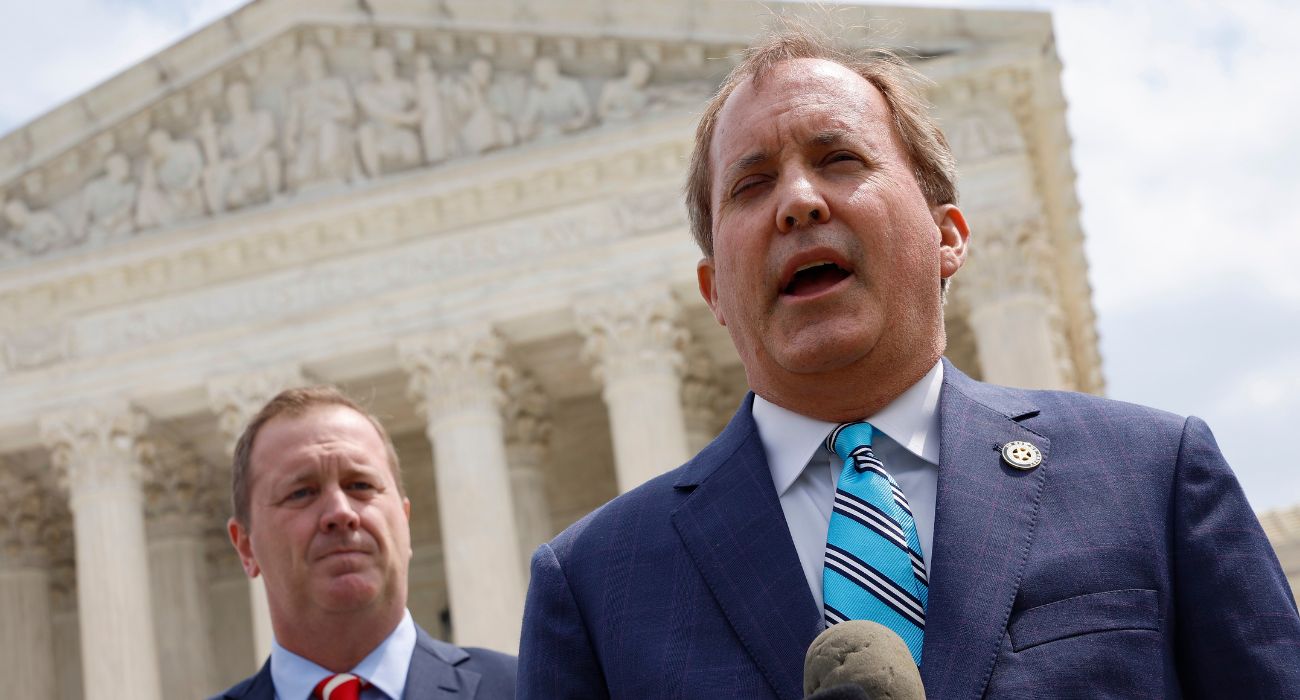As the impeachment of Ken Paxton enters a new phase, concerns remain over the precedent being set, both politically and legally.
“Every politician who supports this deceitful impeachment attempt will inflict lasting damage on the credibility of the Texas House, which I have served in,” Paxton said in a statement to reporters. “The House is poised to do exactly what Joe Biden has been hoping to accomplish since his first day in office: sabotage our work, my work as Attorney General of Texas.”
Austin attorney Tony McDonald said in an interview Saturday with The Dallas Express that he agrees with Paxton’s argument. He said precedent does not allow for Paxton to be removed based on allegations that occurred before the 2022 election.
In a series of tweets from Friday, May 26, McDonald furthered his argument.
“As said by the Court of Civil Appeals, ‘the phrase “prior to his election to office” would, and is intended to, apply to a re-election as well as election in the first instance, since the re-election of the same officer is in legal effect the same as an original election.'”
… an officer cannot be removed for acts committed prior to his election to the term of office he is holding. An election to a second term is as much an "election to office" as to a first term.
Reeves v. State, 114 Tex. 296, 305, 267 S.W. 666, 669 (1924)— Tony McDonald (@TweetTonyMac) May 26, 2023
“As the Constitution does not provide for continuity of terms of office, each ‘term of office’ legally becomes an entity, separate and distinct from all other terms of the same office. This being so, the Legislature doubtless intended in the enactment of the statute to provide that an officer should not be removed for official misconduct except for acts committed after his election to the term of office he is then holding and from which it is attempted to oust him.”
As the Constitution does not provide for continuity of terms of office, each 'term of office' legally becomes an entity, separate and distinct from all other terms of the same office. This being so, the Legislature doubtless intended in the enactment of the statute to …
— Tony McDonald (@TweetTonyMac) May 26, 2023
… provide that an officer should not be removed for official misconduct except for acts committed after his election to the term of office he is then holding and from which it is attempted to oust him." In Texas we have frequent elections; – for county officers every two years.
— Tony McDonald (@TweetTonyMac) May 26, 2023
“The main, if not the only, justification for such frequent elections is that thereby the elections are kept in the hands of and close to the people, and ample opportunity is afforded to retire incompetent or corrupt officers. We construe Article 6055 to mean that an officer cannot be removed for acts committed prior to his election to the term of office he is holding. An election to a second term is as much an “election to office” as to a first term. Reeves v. State, 114 Tex. 296, 305, 267 S.W. 666, 669 (1924).”
The main, if not the only, justification for such frequent elections is that thereby the elections are kept in the hands of and close to the people, and ample opportunity is afforded to retire incompetent or corrupt officers. We construe Article 6055 to mean that …
— Tony McDonald (@TweetTonyMac) May 26, 2023
… an officer cannot be removed for acts committed prior to his election to the term of office he is holding. An election to a second term is as much an "election to office" as to a first term.
Reeves v. State, 114 Tex. 296, 305, 267 S.W. 666, 669 (1924)— Tony McDonald (@TweetTonyMac) May 26, 2023
In the interview, McDonald told The Dallas Express, “The House is trying to cover up for its obstruction of the Republican conservative agenda this legislative session.” He continued, “Every session, they always do just enough to say, this was the greatest, most-conservative session ever. It’s a common refrain. They can’t do that this time. They have killed too many things. They’re too politically vulnerable and want a distraction.”
“They’re dredging up stuff from long ago,” McDonald said. “Some of it is almost a decade old. All of this was well-known in the last election. It’s an excuse to attack a conservative political opponent.”






